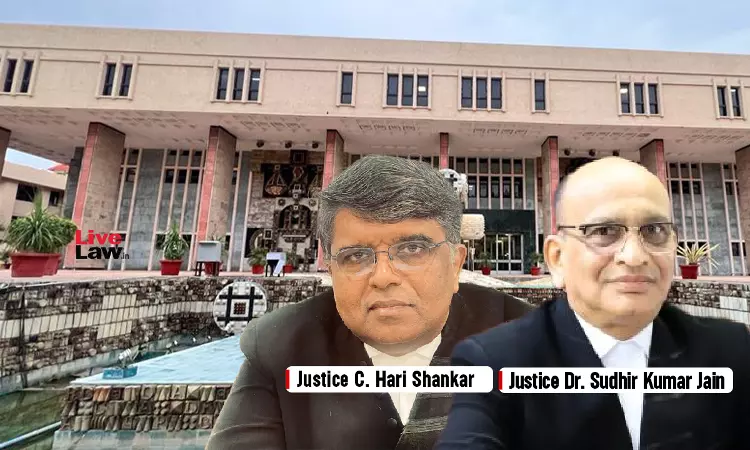Reviewing Officer Comments Contrary To Entries In ACR, Delhi High Court Directs Reassessment Of Grades
Syed Nazarat Fatima
8 Nov 2024 11:01 AM IST

Next Story
8 Nov 2024 11:01 AM IST
A division Bench of the Delhi High Court comprising Justices C Hari Shankar and Sudhir Kumar Jain set aside the Order of a Single Judge Bench wherein a Petition seeking to change the Appellant's Grade from '3' to '1' was dismissed. The Court directed the Respondents to reassess the overall performance of the Appellant in accordance with law considering the entries which...
